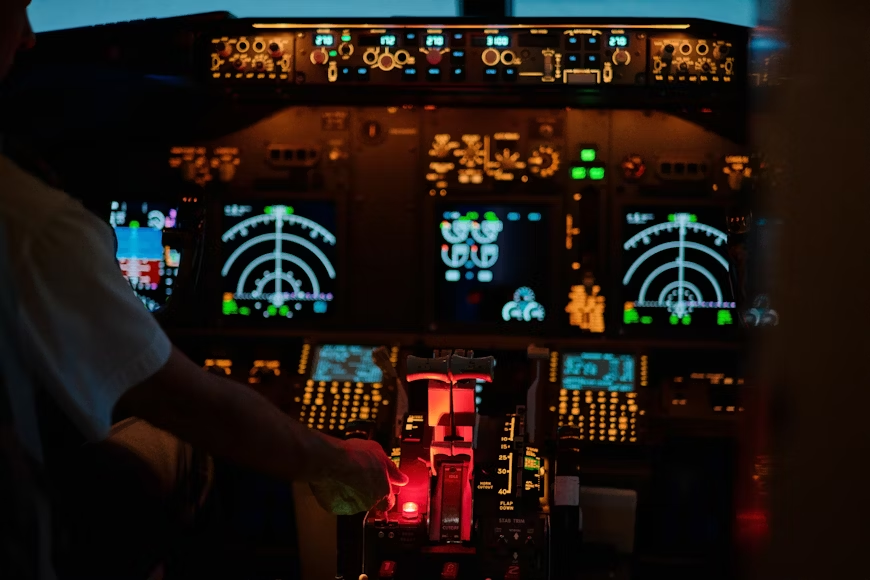July 30, 2024
Air Lines has endured one of the most significant operational failures in its history after a major IT outage brought the airline to a standstill, resulting in thousands of canceled flights and widespread disruption across the U.S. The failure, which started on July 30, was linked to a corrupted software update provided by third-party cybersecurity firm CrowdStrike, impacting Delta’s flight scheduling and operational systems. This incident, which lasted for five days, has prompted industry-wide scrutiny regarding the reliance on external technology providers and the vulnerabilities in aviation IT infrastructure.
The Scale of the Disruption
The IT failure led to more than 7,000 flight cancellations and caused delays for over 1.3 million passengers. Major airports across the U.S. experienced chaos, with long lines and overwhelmed customer service teams struggling to manage the fallout. With flight schedules disrupted, passengers faced limited rebooking options, leading to widespread frustration and confusion at the check-in counters. Delta issued refunds and travel vouchers in an attempt to alleviate some of the burden on affected customers.
Third-Party Technology Risks
This event highlights a growing concern in the airline industry: the reliance on third-party technology providers to manage critical operations. While automation and external software updates have contributed to efficiency improvements, incidents like this expose the vulnerabilities inherent in depending on outside firms for cybersecurity and operational infrastructure. Aviation analysts suggest that this outage should prompt the airline industry to reassess its approach to IT and software management, particularly when disruptions have the potential to affect millions of passengers and ripple through the broader economy.
Delta’s Response and Future Measures
Delta CEO Ed Bastian publicly addressed the crisis, apologizing for the disruption and outlining steps to ensure stronger IT resilience moving forward. “We deeply regret the inconvenience caused to our passengers,” Bastian said. “This event underscores the need for stronger IT safeguards, and we are taking immediate steps to prevent similar incidents in the future.”
The airline has announced plans to conduct a thorough review of its IT infrastructure, including the exploration of additional redundancies and enhanced cybersecurity protocols. Delta is also working with experts in the field to bolster its threat detection and monitoring capabilities.
Regulatory and Industry Implications
The Federal Aviation Administration (FAA) has confirmed that it will launch an investigation into the incident, focusing on whether new regulations are necessary to improve cybersecurity standards across the aviation industry. Lawmakers have also expressed concern about the broader implications of such widespread disruptions and have called for more stringent oversight of airlines’ IT systems, given the potential national security and economic risks posed by future cyberattacks or failures.
Looking Ahead: Strengthening the Future of Aviation IT
While Delta has resumed its normal operations, the incident is a stark reminder of the critical importance of resilient IT systems in modern aviation. As airlines continue to incorporate advanced technologies into their operations, ensuring their ability to withstand IT failures will be vital not only for maintaining customer trust but also for ensuring the continued safety and efficiency of air travel worldwide.


